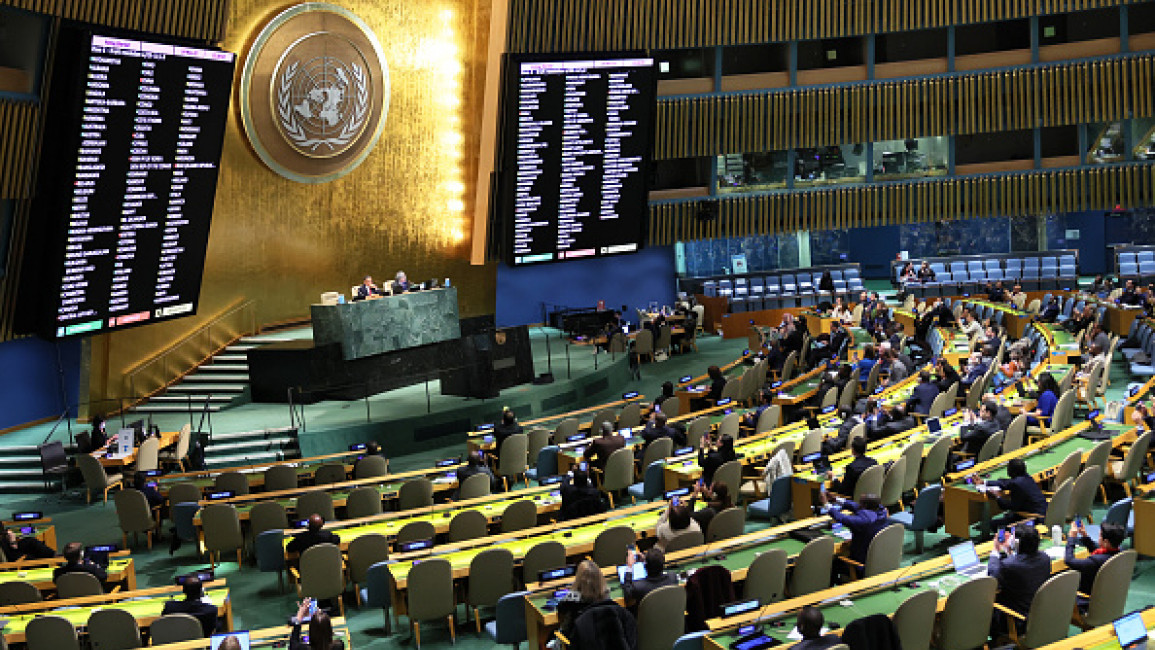Lebanon, South Sudan and Venezuela lose UN voting rights over unpaid dues
Lebanon, South Sudan and Venezuela are in arrears on paying dues to the United Nations’ operating budget and are among six nations that have lost their voting rights in the 193-member General Assembly, the UN chief said in a letter circulated on Thursday.
Also losing voting rights are Dominica, Equatorial Guinea and Gabon, Secretary General Antonio Guterres said. Gabon is serving a two-year term on the Security Council though its voting rights there are not affected.
The UN Charter states that members whose arrears equal or exceed the amount of their contributions for the preceding two full years lose their voting rights. But it also gives the General Assembly the authority to decide "that the failure to pay is due to conditions beyond the control of the member," and in that case a country can continue to vote.
The General Assembly decided that three African countries on the list of nations in arrears - Comoros, Sao Tome and Principe and Somalia - would be able to keep their voting rights. It granted the three countries the same exemption last year.
According to the Secretary General’s letter, the minimum payments needed to restore voting rights are $76,244,991 for Venezuela, $1,835,303 for Lebanon, $619,103 for Equatorial Guinea, $196,130 for South Sudan, $61,686 for Gabon, and $20,580 for Dominica.
Responding to the news, Lebanon's Foreign Ministry said in a statement that all procedures had been completed and payments would be made immediately.
The same thing happened two years ago, when Lebanon lost its voting rights in January 2020 and paid outstanding dues days later.
The small Eastern Mediterranean country is in the midst of its worst ever financial and economic crisis, and is currently without a president and a fully functioning cabinet.



